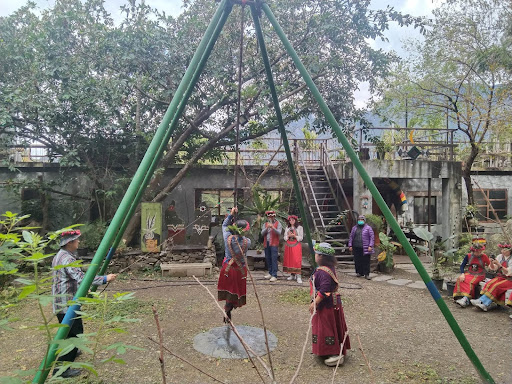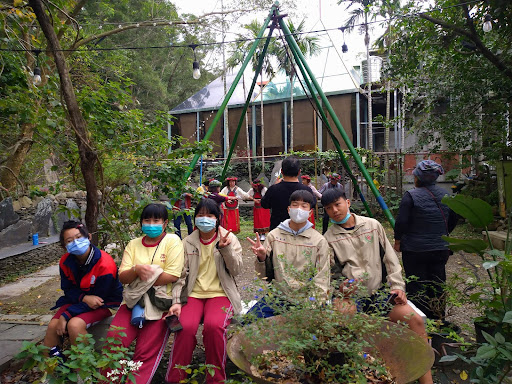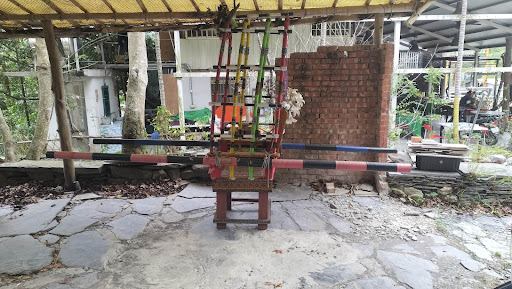The marriage system of the Paiwan ethnic group is also known as the eldest heir inheritance system. The eldest son and eldest daughter of the family inherit the family. Because there is no distinction between men and women, it is called a dual-line system. When the marriage is concluded, the non-eldest heir lives in the eldest heir's family; if neither, leaves the original family and establishes a new home. If they are both eldest heirs, they don't have to leave their birth family. If commoners of the Paiwan nationality intermarry with nobles or leaders, they will become close relatives of the nobles, and the class of their children will also change due to intermarriage.
marriage system
The Rukai family adopts a dual-line inheritance rule that favors the eldest son's inheritance. The eldest son in the family inherits the house and family name, and the rest of the children must move out after marriage. Marriage is dominated by monogamous marriages. When choosing a spouse, one must be of the right family. Class status is usually considered first, and "same-level marriage" where both parties are of the same class is the most accepted by the clan. The social class of the Rukai is hereditary and led by chieftains within the tribe. The rights and obligations of each class are different. After marriage, the class of children can be changed according to the object of marriage or marriage.
-

Bride on swing -
-

Dance together
marriage system
-

Bride sitting at wedding -



























